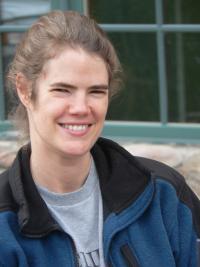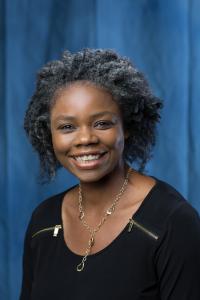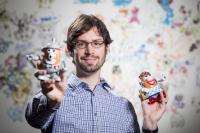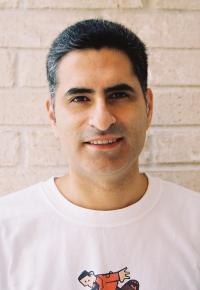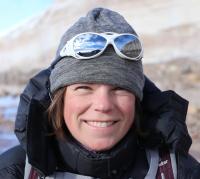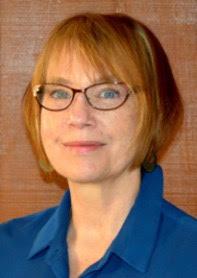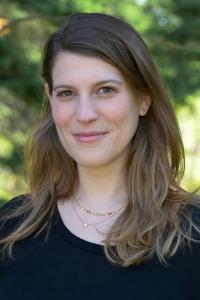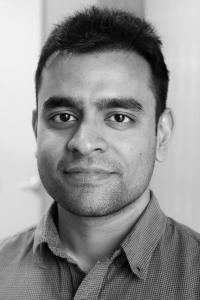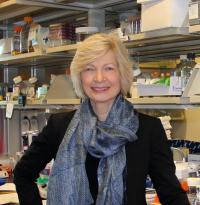NHAmina Ann Qutub
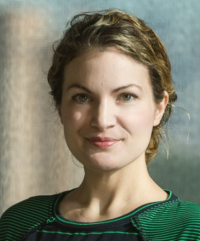
Assistant professor, Department of Bioengineering, Rice University
Amina Qutub is a bioengineer and tech entrepreneur. Her research interests are in neurovascular systems biology, cell engineering, and hypoxic response. Her lab’s research vision is to harness human cells’ natural behavior in order to understand and improve health. She uses computer simulations integrated with experiments to uncover how cells communicate during growth. Applications of this work are identifying new ways to slow cancerous progression and regenerate healthy human tissue. Amina received her PhD in bioengineering from the University of California, Berkeley and UCSF. She joined the Rice faculty following her postdoctoral training in biomedical engineering at Johns Hopkins University School of Medicine. Qutub has authored or coauthored more than 30 publications, cofounded the tech startup DiBS, and served as scientific lead of a 2014-15 DREAM Biomedical Data Algorithm Challenge after winning a 2013 DREAM subchallenge for interactive data visualizations. She is a 2012 National Science Foundation CAREER and 2015 NSF Neural & Cognitive Systems awardee.
Speaking:
-
Sunday, October 30th, 9:30 am to 10:30 am

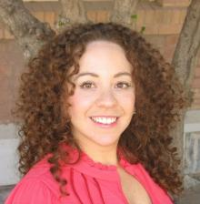
dbe8.jpg?itok=mWSxcR-d)
